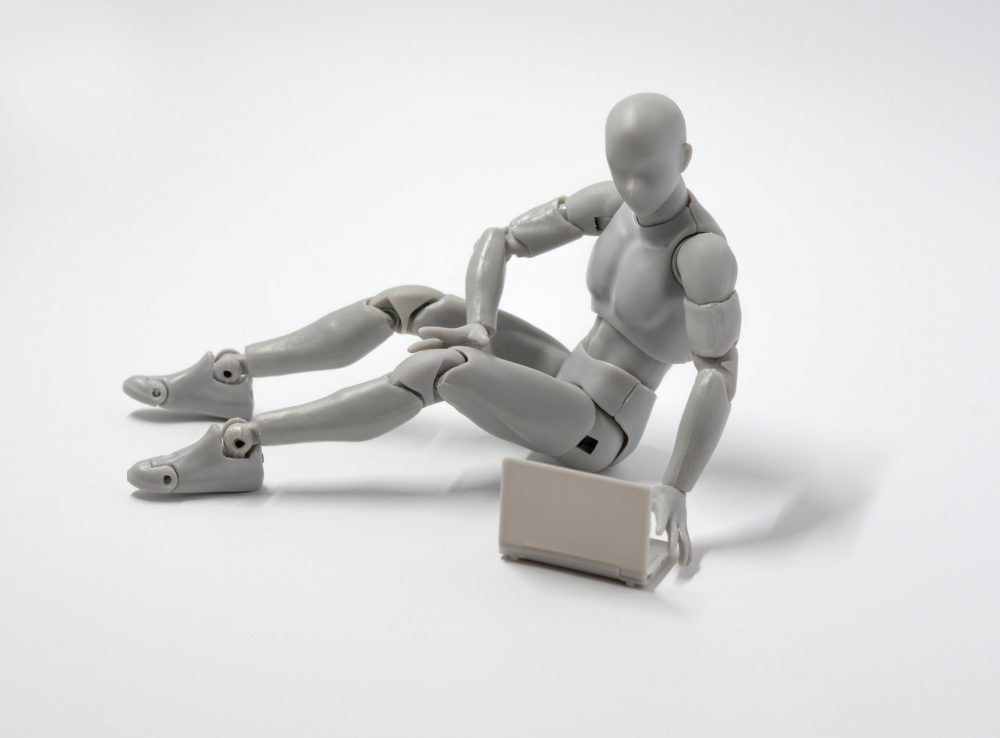Core Concepts
The author explores the anxiety and impact of GPT-3, an artificial neural network, on the writing process. The argument revolves around the potential threat posed by advanced AI to traditional human creativity.
Abstract
The author delves into the anxiety caused by GPT-3, an artificial neural network with significant computational power. The narrative discusses how writers may face challenges as AI technology advances, potentially altering the landscape of literature. By comparing a passage from a novel with GPT-3's generated text, the author highlights both the capabilities and limitations of AI in creative writing. The analysis raises thought-provoking questions about the future role of AI in literary creation and its implications for human artistry.
I Got an Artificial Intelligence to Write My Novel - Electric Literature
Stats
"GPT-3 is an artificial neural network with over 175 billion parameters."
"Subscription services for accessing GPT-3 cost hundreds if not thousands of dollars a month."
"GPT-3 has limited space for input and output, only about 1,500 words."
Quotes
"It doesn’t help that the post-work future is so often envisioned as the AIs doing all the labor, leaving humans free to spend their days making art. But what if the AIs are better at making art too?"
"Does this output even count as “art”? The words of an AI have no intentionality. Only conscious minds produce meaning."
Key Insights Distilled From
by Jess Zimmerm... at electricliterature.com 06-10-2021
https://electricliterature.com/i-got-an-artificial-intelligence-to-write-my-novel/
Deeper Inquiries
How might advanced AI like GPT-3 reshape traditional creative processes beyond literature?
Advanced AI like GPT-3 has the potential to reshape traditional creative processes across various artistic endeavors, not just limited to literature. In fields such as music composition, visual arts, and even film production, AI can assist artists in generating new ideas, exploring different styles, and enhancing efficiency. For example, in music composition, AI algorithms can analyze existing songs to create original pieces or generate background scores for films. In visual arts, AI tools can help artists with tasks like image editing or generating digital artwork based on specific parameters. Additionally, in film production, AI can streamline tasks such as scriptwriting or video editing by providing suggestions and automating certain processes.
What ethical considerations arise from using AI in artistic endeavors?
The use of AI in artistic endeavors raises several ethical considerations that need to be carefully addressed. One major concern is the issue of intellectual property rights and ownership of the generated content. Who owns the output created by an AI system - the programmer who developed it or the user who provided input? This question becomes particularly complex when considering commercial applications where profits are involved. Another ethical consideration is transparency - should audiences be informed if a piece of art was created with the assistance of an AI tool? Transparency is crucial for maintaining trust between creators and their audience.
Furthermore, there are concerns about bias and representation in art generated by AI systems. Since these algorithms learn from existing data sets which may contain biases, there is a risk that they could perpetuate stereotypes or discriminatory practices if not properly monitored and controlled. Artists using AI tools must be vigilant about ensuring diversity and inclusivity in their work.
In what ways can writers adapt to coexist with increasingly sophisticated AI tools?
Writers can adapt to coexist with increasingly sophisticated AI tools by embracing them as valuable resources rather than viewing them as threats to their creativity. One way writers can leverage these tools is by using them for tasks that require repetitive work or generating initial drafts quickly. By offloading mundane tasks to AIs like GPT-3, writers free up more time for higher-level creative thinking and refining their ideas.
Additionally, writers can collaborate with AIs as co-authors or editors to enhance their writing process collaboratively rather than seeing them as replacements for human creativity entirely. By combining human intuition with machine-generated insights, writers can produce more innovative and polished works.
Moreover, continuous learning and adaptation are essential for writers facing this technological shift. Staying informed about advancements in artificial intelligence technology allows writers to understand how best to integrate these tools into their creative process effectively while maintaining their unique voice and style.
0
